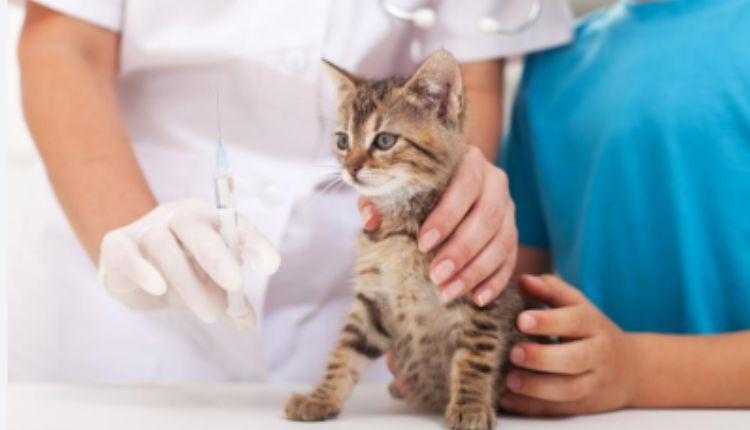Vaccinations protect your pets from harmful diseases. They keep your furry friends healthy and reduce the spread of illness. As a pet owner, understand the importance of these vaccinations. A veterinarian in Whitinsville, MA, knows the vital role they play. Your pet’s health depends on timely vaccinations. They prevent issues, protect your pet, and save you from costly treatments later.
Regular visits to your vet ensure your pet stays on track with their shots. It’s a shared responsibility to keep your pets safe. You and your vet work together. Each vaccination adds a layer of protection, keeping your companion safe. Vet hospitals focus on this preventive care. They provide the necessary vaccines and guidance. Trust in their expertise. Protecting your pet is simple with a clear vaccination plan. Your pet deserves a healthy, happy life. Follow through with vaccinations to give them just that.
Why Vaccinations Matter
Vaccinations are essential for preventing diseases that can harm your pets. They work by stimulating your pet’s immune system to recognize and fight specific diseases. Diseases like rabies, distemper, and parvovirus are common threats. Vaccinating your pet ensures they have the protection needed to avoid these conditions.
Standard Vaccinations for Pets
Veterinary hospitals provide a variety of vaccinations. The core vaccines are recommended for all pets. These include:
- Rabies
- Distemper
- Parvovirus
- Adenovirus
Non-core vaccines are also available. They are given based on your pet’s lifestyle and risk of exposure. For example, the Bordetella vaccine is recommended for dogs that spend time in kennels or daycares.
Vaccination Schedule
Following a proper vaccination schedule is crucial. This schedule begins when your pet is a puppy or kitten and continues throughout their life. Below is a basic schedule:
| Age | Vaccination |
| 6-8 weeks | Distemper, Parvovirus |
| 9-12 weeks | Distemper, Parvovirus, Adenovirus |
| 12-16 weeks | Rabies |
| Every 1-3 years | Booster shots |
Always discuss with your veterinarian the best schedule for your pet. They will tailor a plan specific to your pet’s needs.
How Veterinary Hospitals Assist
Veterinary hospitals offer comprehensive care. They ensure that your pet remains healthy. Their services include keeping track of vaccinations, providing reminders for upcoming shots, and offering advice on any additional vaccines needed.
Moreover, these hospitals provide access to updated vaccination protocols. They follow guidelines from top animal health authorities. For more information on this, you can refer to the American Veterinary Medical Association.
Pet Owner’s Role
As a pet owner, your role is crucial. Maintain regular veterinary appointments. Ask questions about any concerns regarding vaccinations. Ensure that your pet receives all necessary shots. Keeping records of your pet’s vaccinations is also helpful. It aids in ensuring no vaccine is missed.
Conclusion
Vaccinations play a significant role in maintaining your pet’s health. They prevent potentially life-threatening diseases. Veterinary hospitals are equipped to provide all necessary vaccinations and guidance. As a responsible pet owner, stay informed and proactive in your pet’s care. By doing so, you ensure the well-being of your beloved companion. Together, you and your vet can create a safe and healthy environment for your pet.

